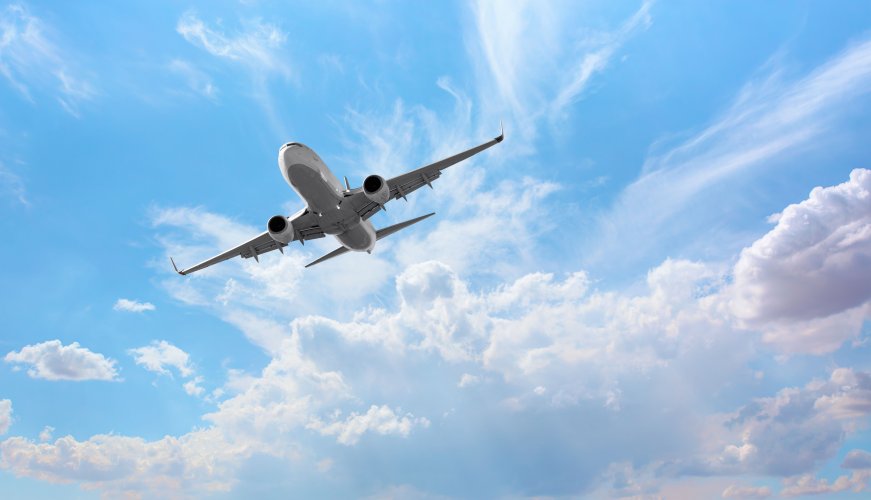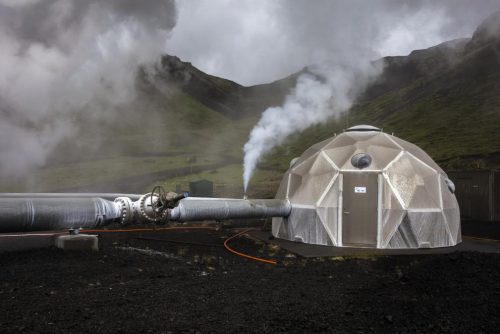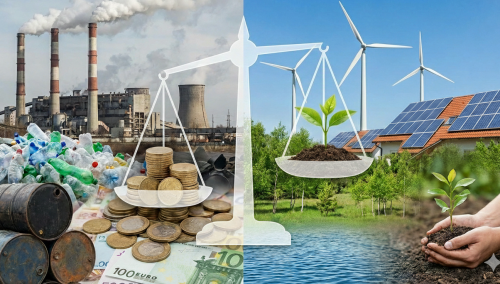The Danish government has decided to introduce a passenger environmental tax on air travel, which will be gradually introduced from 2025 (DKK 70 – $10.2) to 2030 (DKK 100 – $14.64).
Funds from the fee will be spent on decarbonizing Danish aviation and developing green technologies in the region, according to the Danish Ministry of Transport.
It is noted that the green transformation of Danish aviation involves the creation of green domestic routes in 2025 and fully environmentally friendly domestic air traffic in 2030. In addition, part of these funds will also be used to increase annual payments to 300,000 of Denmark's poorest pensioners by 4,800 kroner from 2025.
The report emphasized that the amount of the green tax will depend on the duration of the flight. Starting in 2030, 50 DKK ($7.3) will be charged for domestic and intra-European travel. On medium- and long-distance routes, the fee will reach DKK 310 ($45.4) and DKK 410 ($60).
“This is a really good deal that helps to stimulate green development in a region that produces too much CO2 emissions. The passenger fee gives us the opportunity to support green technologies and create a green domestic route. At the same time, we will have the opportunity to increase the age check for the least well-off pensioners," said Danish Tax Minister Jeppe Bruus.
Transport Minister Thomas Danielsen stressed that such a strategy would also support small regional airports. After all, they are important for the cohesion and accessibility of communities.
Earlier, EcoPolitic wrote, that the European Commission supported the agreement between the European Parliament and the Council of the EU regarding the decarbonization of aviation, namely the obligation of suppliers to mix solid aviation fuel (SAF) with kerosene in increasing quantities from 2025.
As EcoPolitic previously reported, the American company Universal Hydrogen conducted a test flight on a 40-seat passenger regional airliner using hydrogen fuel cells.





